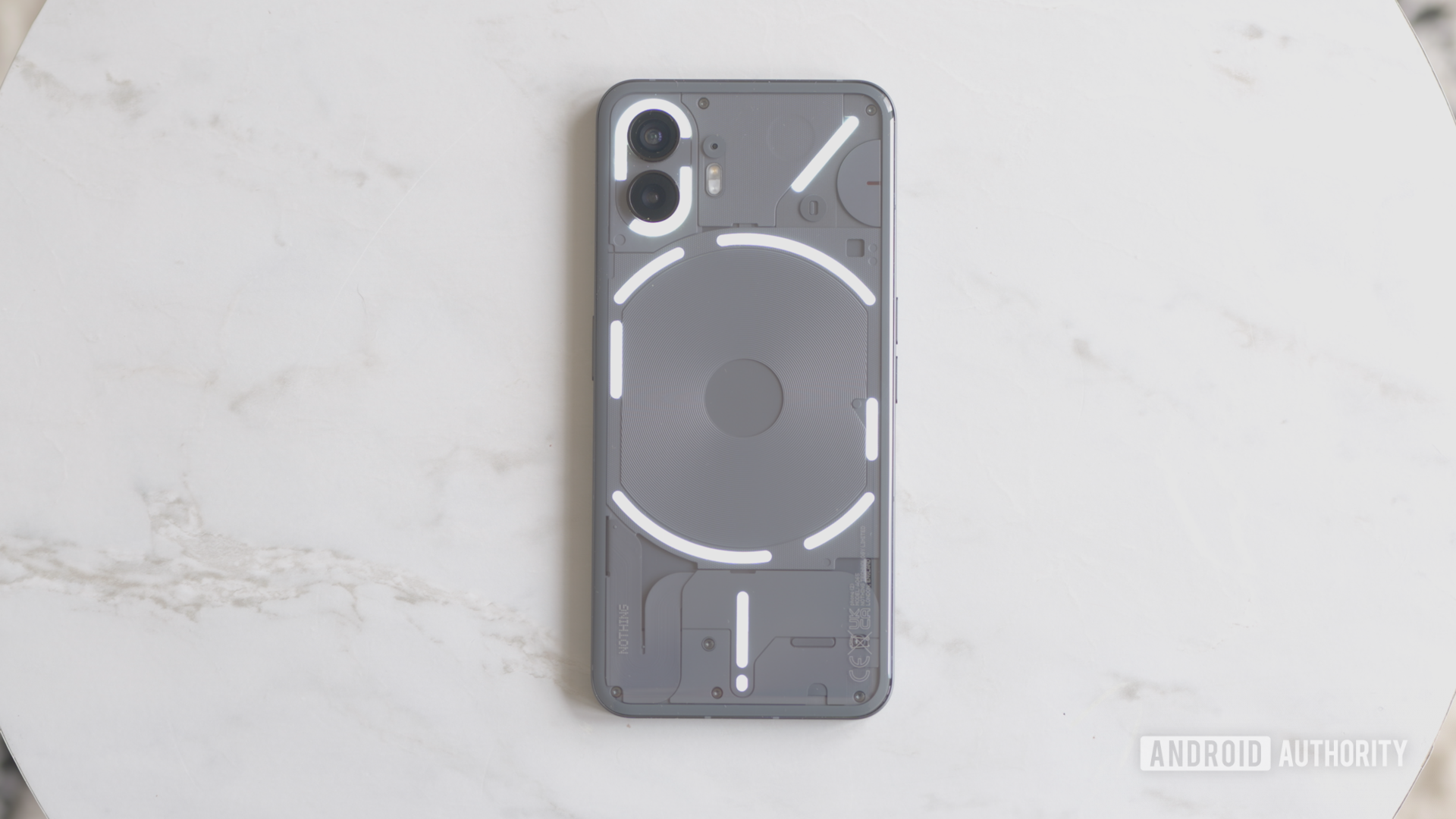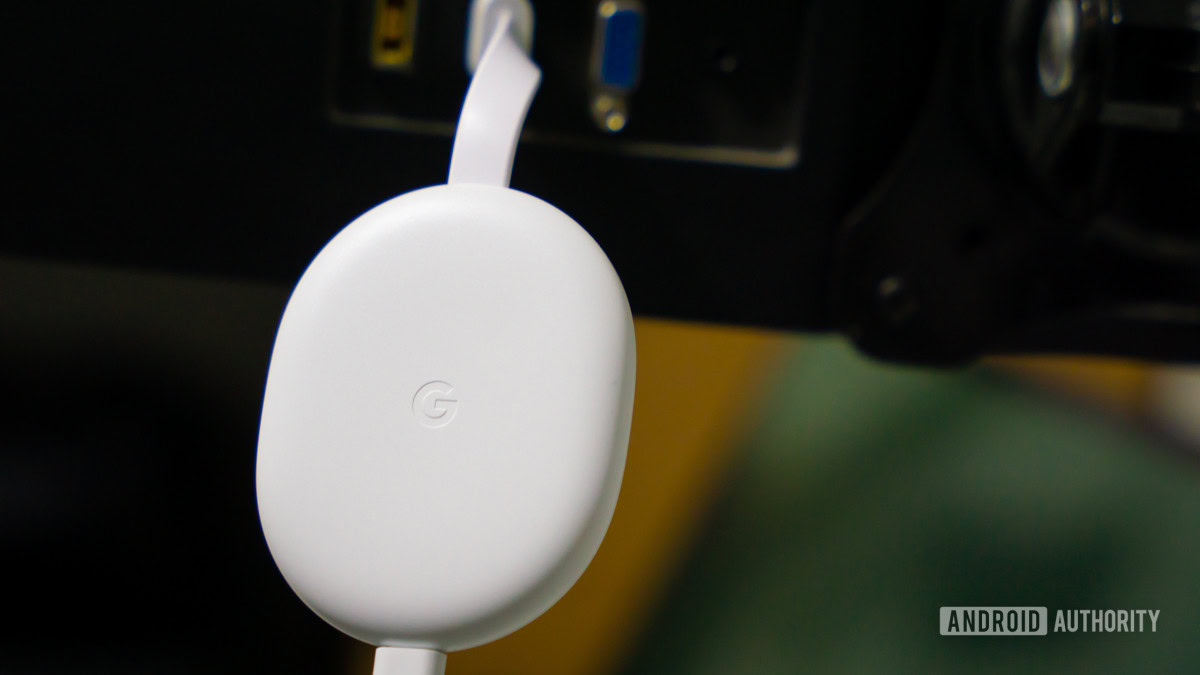How Is Laser Hair Removal Haram? Understanding the Islamic Perspective
Are you thinking about permanent hair removal? Laser hair removal is the best solution for this problem but Is It Haram to Do Laser Hair Removal? Find out more!
Laser hair removal is a popular cosmetic procedure used to reduce unwanted body hair. Many Muslims, however, question whether it is Is laser hair removal Haram (forbidden) under Islamic law. This is a valid concern since Islam provides detailed guidelines on personal hygiene, modesty, and the preservation of the human body. In this article, we will explore the reasons some scholars consider laser hair removal haram, while others find it permissible, depending on the intention, body part, and the context of the procedure.
Understanding Laser Hair Removal
Laser hair removal is a non-invasive cosmetic procedure that uses concentrated beams of light to target and destroy hair follicles, resulting in long-term hair reduction. It is commonly used on various parts of the body, including the face, arms, legs, back, bikini line, and underarms.
Many opt for this treatment to save time, reduce discomfort caused by shaving or waxing, and enjoy smoother skin for longer periods.

Hair Removal in Islam: What Is Allowed?
Islam encourages cleanliness and personal hygiene. There are specific guidelines in Hadith (sayings of the Prophet Muhammad PBUH) about removing hair from certain parts of the body:
-
Mandated (Wajib): Removing pubic and underarm hair is considered part of fitrah (natural disposition) and is recommended every 40 days.
-
Prohibited (Haram): Removing or altering hair from areas that are not permissible without necessity, such as shaving the beard for men.
-
Permissible (Halal): Hair removal from arms, legs, back, etc., is generally allowed, especially for women, as long as it does not lead to immodesty or harm.
When Does Laser Hair Removal Become Haram?
Some scholars and Islamic opinions consider laser hair removal haram under certain conditions. Let’s explore the key reasons:
Exposure of Awrah (Private Parts)
One of the most critical issues in Islam related to laser hair removal is the exposure of awrah. Awrah refers to the parts of the body that must be covered in front of others. For women, this includes the body except for the face and hands in front of non-mahram men, and from the navel to the knee in front of other women. For men, it is the area from the navel to the knees.
If a person undergoes laser treatment on private parts (such as bikini area or buttocks) and exposes their awrah to a non-mahram or an unrelated practitioner, this is considered haram by many scholars. Modesty is a major principle in Islam, and intentionally uncovering private areas is strictly forbidden except in cases of medical necessity.
Important Note: If the procedure is done by a same-gender, professional, and medically licensed practitioner, and in a private, modest manner, some scholars allow it – especially if it is done to avoid harm, irritation, or recurring infections.
Imitating Non-Muslim or Immoral Cultures
Islamic teachings discourage blindly imitating non-Muslim or immoral cultural trends that contradict Islamic values. If someone chooses laser hair removal solely to imitate fashion standards, celebrities, or to show off their body in immodest ways, it may become haram due to intent (niyyah).
The Prophet Muhammad (PBUH) said:
“Whoever imitates a people is one of them.”
— (Abu Dawood)
Therefore, if the intention behind the procedure is vanity, pride, or exposing one's beauty publicly, it may be deemed haram.
Permanent Alteration of Allah’s Creation
Another argument made by some scholars is that laser hair removal involves permanently changing Allah’s creation, which is warned against in the Quran:
“...and indeed I will order them to change the nature created by Allah.”
— (Surah An-Nisa 4:119)
However, many scholars clarify that this verse refers to altering one’s facial features or changing gender, not hygienic or cosmetic procedures that do not cause harm or change essential identity.
Since laser hair removal only targets hair and improves hygiene, it is not considered a major alteration of Allah’s creation by most scholars.
Causing Harm or Damage to the Skin
Islam prohibits harming oneself unnecessarily. If a person undergoes laser hair removal and suffers burns, scarring, or side effects due to negligence or unqualified practitioners, it may fall under self-harm, which is not allowed.
So, if the treatment is unsafe or done in a non-medical environment, this could render it impermissible due to the risk of damage.
When Is Laser Hair Removal Halal (Permissible)?
Many Islamic scholars and fatwas consider laser hair removal halal under the following conditions:
-
The procedure is safe and performed by a qualified professional.
-
It does not involve exposing the awrah to non-mahrams.
-
The intention is hygiene or comfort, not arrogance or immorality.
-
It does not cause permanent harm or disfigurement.
-
The practitioner is of the same gender (especially when treating private areas).
In fact, for many women who suffer from hirsutism (excessive hair due to hormonal issues), laser hair removal can improve their emotional wellbeing and quality of life. In such cases, it is considered not only halal but also helpful.
Differences in Scholarly Opinion
Islamic rulings are based on interpretation (ijtihad), and hence there can be differences of opinion among scholars. Some Salafi scholars tend to be stricter about any cosmetic enhancement. Others from the Hanafi, Maliki, or Shafi’i schools may permit it under specific conditions.
It is important for individuals to follow the opinion of trusted scholars in their region or consult a local mufti or Islamic center for guidance based on their personal situation.
Final Thoughts: Intention Matters Most
In Islam, intention (niyyah) plays a huge role in determining whether an act is halal or haram. If the intention behind laser hair removal is:
-
To maintain hygiene,
-
To remove unwanted hair in a modest, professional setting,
-
To reduce discomfort or treat medical issues,
Then it is likely permissible.
But if it is done to imitate indecent cultures, expose one’s body, or enhance attractiveness for non-mahrams, then it may fall into the category of haram.
Conclusion
Is laser hair removal haram in Dubai can be either halal or haram in Islam depending on how, why, and where it is done. The issue is not black and white. Muslims are encouraged to seek knowledge, ask trusted scholars, and evaluate their intentions before undergoing such procedures. Maintaining modesty, avoiding harm, and following Islamic ethics are key in making the right decision.
What's Your Reaction?
 Like
0
Like
0
 Dislike
0
Dislike
0
 Love
0
Love
0
 Funny
0
Funny
0
 Angry
0
Angry
0
 Sad
0
Sad
0
 Wow
0
Wow
0
















































